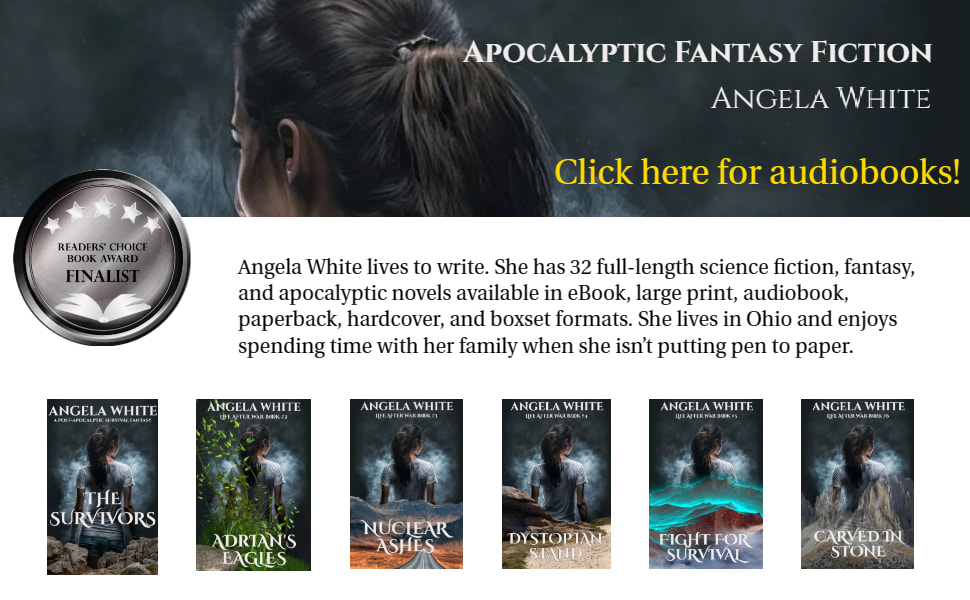|
Have you ever wondered how a writer came up with an idea, scene or story? You might be tempted to think their mind just spit it out in the condition that you read it, but don’t be fooled. Good writers plan the scenes and plot those exciting threads. Great writers plan each part out using layers.
Let me explain. Every story is supposed to have a few basics: Layer One
Layer Two Now we’ll add on a layer for the genre of book. Let’s go with horror, so we need:
We also have to have verification of choices during horror, including, but not limited to:
Layer Three Now, we’ll go into the light details. To be horror, the mood has to be scary.
Layer Four A fourth layer must go on now to keep track of all these threads. For example, if you have a snowstorm one day, you must make sure the cold is mentioned and there is still snow the next day unless it rains or floods or the sun sets directly on your iceberg. Details must be verified. Readers hate it when you screw up and have the same character in two places at one time. (I’m so sorry!) It was a simple name error, but it makes you look like an idiot. I call this layer the ‘make sure I’ve got it all where it should be’ layer. Layer Five For the fifth layer, we have to be sure we’re giving conclusions. All the above items gave us potential threads to be followed and finished. People hate to be left hanging, unless it is a series, and even then, writers are supposed to tread carefully. All those small moments that were set up have to be finished. Again, series are different, but even in those, a writer must eventually conclude that thread. Layer Six For the sixth layer, we have to explore the main them of the book. We ask ourselves 7 basic questions about the story:
Layer Seven The final layer, for the writers who have the energy left, is to ask, of each and every scene or plot thread: How can I make it better? What if I changed, switched… The Next Step Now that we have put together the 15-35 page draft using the seven layers above, the author can finally start to write the stories you love. It can be exhausting, even on short works. That’s why it takes so long. The tales don’t spit themselves out in full form. Writers shape them into cohesive, coherent (we hope!) tales that might last forever. Then we sleep. Copyright © 1991-2024 Author Angela White
1 Comment
Jim
7/31/2019 03:10:14 pm
I’m just astonished that you’re able to write these massive books as quickly as you do. Kudos to you for that.
Reply
Leave a Reply. |
Past Posts
May 2024
Shtf fiction, armageddon, nuclear war, post apocalyptic survival, dystopian military fiction, end of the world, science fiction series
All
|

 RSS Feed
RSS Feed
